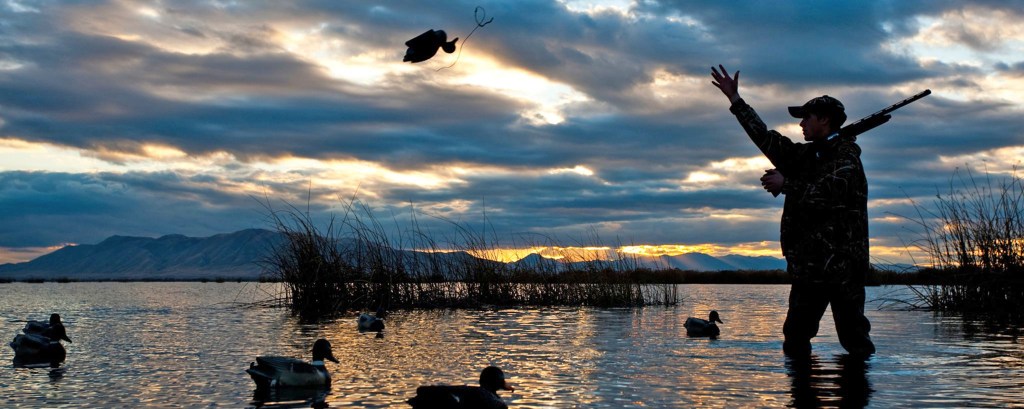Cold temps aid waterfowl hunting
Published 2:45 pm Saturday, December 15, 2018

- Waterfowl hunting
Normally, as Arctic temperatures settle into the Tennessee Valley, North Alabamians relax in their cozy homes.
For waterfowl sportsmen, however, it presents opportunity for hunters along the Tennessee River and on the Tennessee Valley Authority’s 293,000 acres of public lands.
Trending
“The Tennessee Valley is an important stop for birds migrating down the western side of the Appalachians,” said TVA Natural Resources Manager David Brewster, who is based in Guntersville. “We work year-round improving habitat on our public lands, and the cold doesn’t stop us from promoting recreation.”
Each fall, waterfowl leave their northern breeding grounds as they navigate south toward warmer climates, down the 2,300-mile Mississippi Flyway to the Gulf of Mexico. The Tennessee River is positioned inside the eastern half of the flyway and provides waterfowl 11,000 miles of shoreline and 650,000 acres of water upon which to rest and feed during their seasonal migration.
“Waterfowl follow river systems,”Brewster said. “TVA reservoirs offer birds plenty of shallow water coves, shorelines and islands — and great hunting for sportsmen.”
Economic impact
Decoys, duck calls and steel-shot ammunition are commonly purchased products, making duck hunting just one of the sports that support 130,000 recreation jobs throughout the Valley, according to a 2017 TVA and University of Tennessee recreation study. In total, TVA’s reservoirs attract almost $12 billion to the region each year.
“I’ve got friends that drive 60 miles from Nashville to hunt with me,” said Tim Goss of New Johnsonville, Tennessee. “They’ll get a hotel and stay three nights just to hunt. This river is big money and helps our local economy year-round.”
Trending
But for Goss, the sport is more about family and friends than economics. He believes duck hunting is an opportunity to reunite with old friends and a needed alternative to video games for kids.
“It’s just a good, all-around family-friendly sport,” he said.
Get in on the action
There’s still plenty of time for Valley hunters to get in on the action before the season closes at the end of January. Early in the season the birds are scattered due to low-water conditions. Once the water rises into food plots that flank the river, the added food sources will cause more birds to congregate in those areas.
“Right now, birds are coming in for a few days to rest and then moving on to find better food sources,” Brewster said. “It’s kind of like going to a fast food restaurant. If there’s too long of a line, we’ll go down the street to find another.”
Be successful
For those who want to duck hunt the Tennessee River, TVA doesn’t require any special license. However, there are federal, state and local laws and regulations that must be followed. Brewster recommends hunters download the TVA Undeveloped Recreation Lands app. This will help all hunting enthusiasts identify the TVA’s undeveloped land that is open to the public for recreational use.
“TVA cares about the environment, and I hope everyone gets out and has a safe, enjoyable season,” he said.





